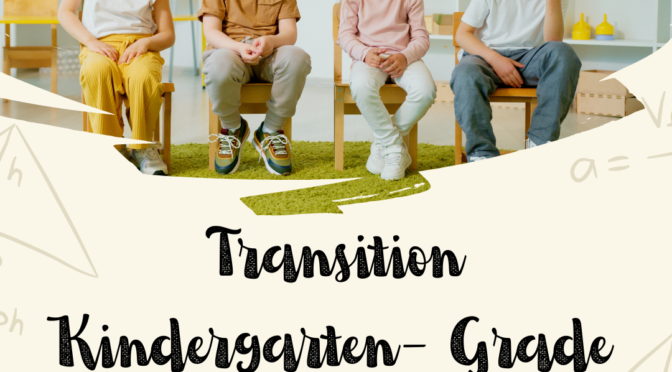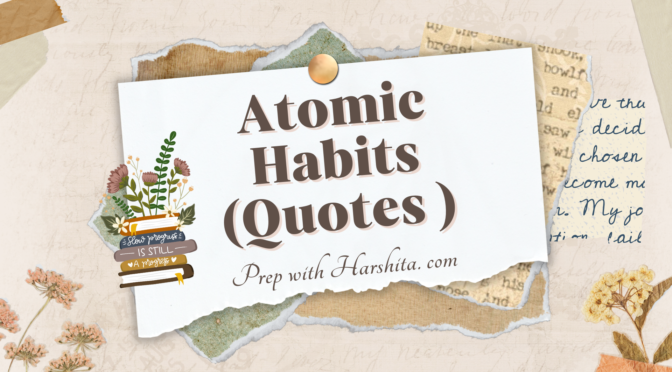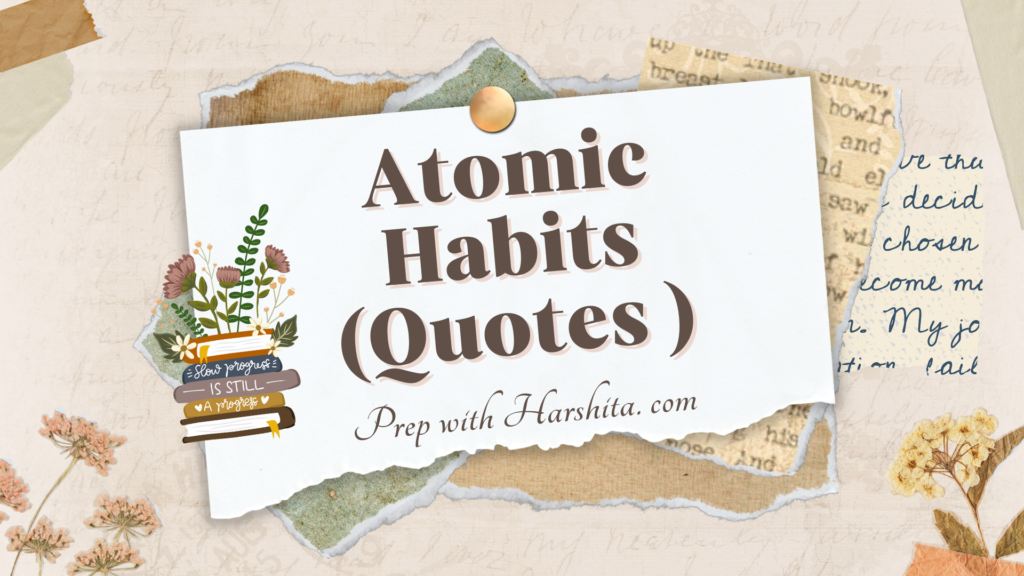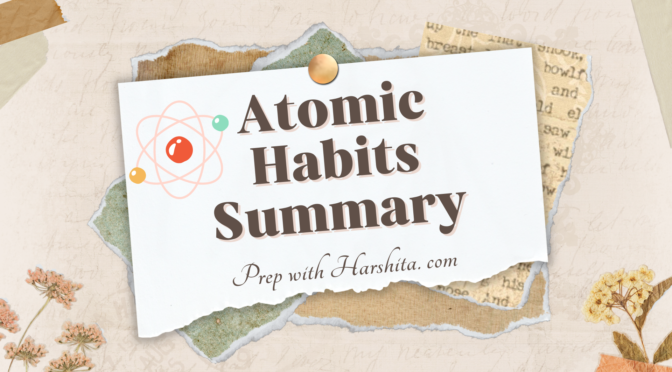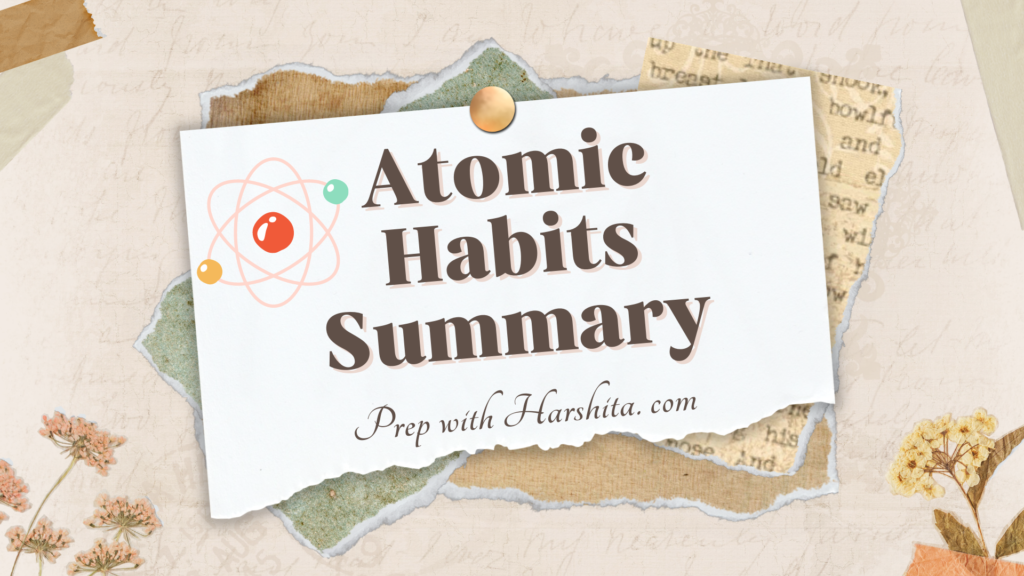The New York State Regent Examinations are a set of standardized tests administered in New York State high schools. These exams are designed to assess students’ knowledge and skills in various subjects and determine their eligibility for a high school diploma.
Here are some key details about the New York Regents Examinations:
Subjects: Regents Examinations are offered in a range of subjects, including English Language Arts, Mathematics, Science, Social Studies, and several foreign languages.
Requirement for Graduation: To earn a Regents Diploma or an Advanced Regents Diploma, students in New York State are generally required to pass specific Regents Examinations as part of their high school graduation requirements.
Exam Format: Regents Examinations typically consist of multiple-choice questions, constructed response questions, and extended essay tasks, depending on the subject. The format may vary slightly between subjects, but each exam is designed to assess students’ understanding, critical thinking skills, and ability to apply knowledge.
Scoring: Regents Examinations are scored on a scale of 0-100, with a passing score generally set at 65 or above. Some exams may have additional scoring components, such as laboratory practical exams for science subjects.
Administration: Regents Examinations are administered at specific times during the school year, usually in January, June, and August. The exams are typically held in designated testing locations within the high schools.
Regents Diploma with Honors and Advanced Designation: In addition to the standard Regents Diploma, students can earn a Regents Diploma with Honors or an Advanced Regents Diploma by meeting additional criteria, including passing a specified number of Regents Examinations at a higher level and achieving higher scores.
Regents Review: Many schools provide Regents review materials, study guides, and preparatory courses to help students prepare for the exams. These resources may include past exam questions, practice tests, and targeted instruction to reinforce key concepts.
Importance: Regents Examinations play a significant role in assessing student achievement and determining eligibility for high school graduation in New York State. They provide a standardized measure of students’ knowledge and skills in specific subject areas.
It’s important to note that the details and requirements of Regents Examinations may be subject to change, so it is advisable to consult with your school or the New York State Education Department for the most up-to-date information regarding these exams and graduation requirements.
Also Visit : Prep with Harshita
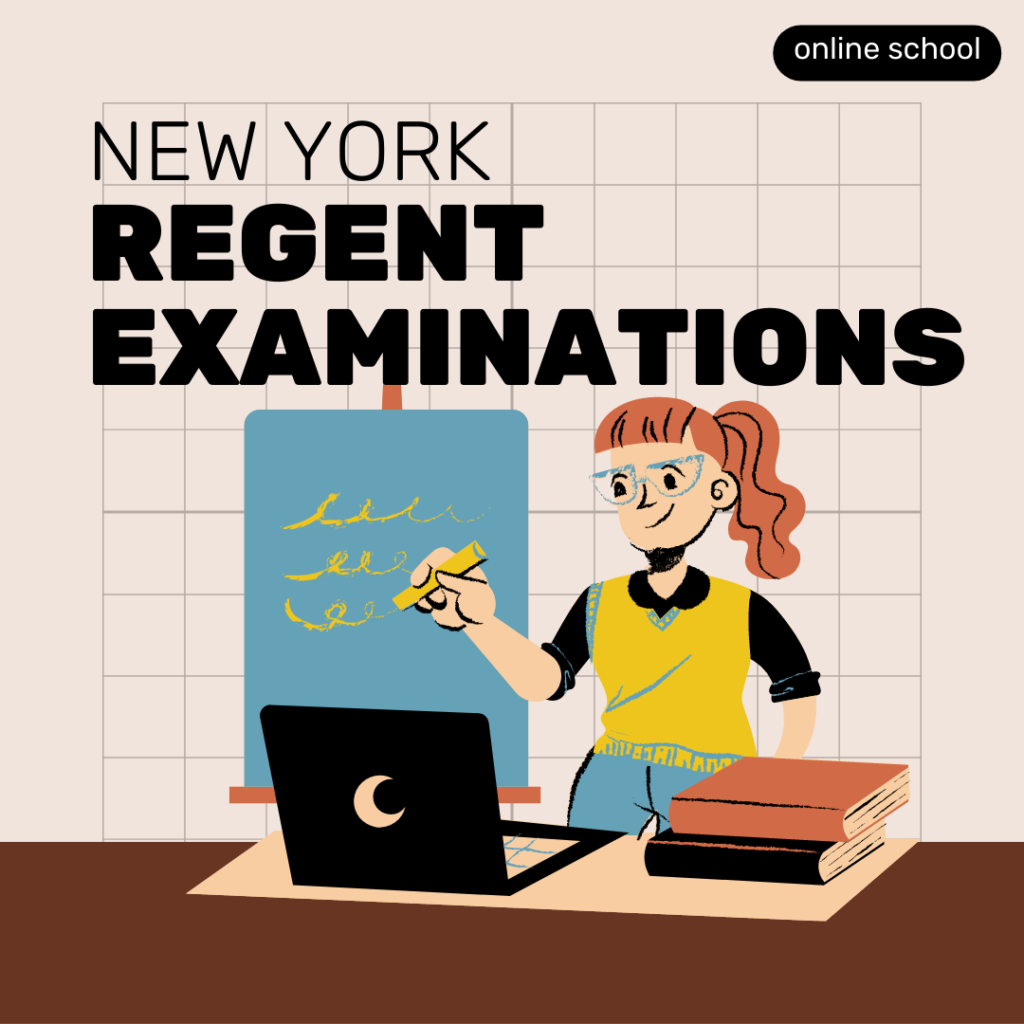
Also Read : Side Hustle Ideas for Students


